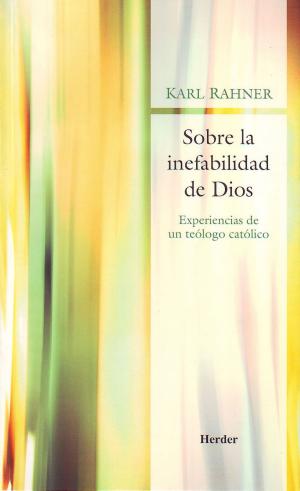Reimagining the Kingdom
The Generational Development of Liberal Kingdom Grammar from Schleiermacher to McLaren
Nonfiction, Religion & Spirituality, Theology| Author: | Jeremy Bouma | ISBN: | 1230000039768 |
| Publisher: | THEOKLESIA | Publication: | May 4, 2012 |
| Imprint: | Language: | English |
| Author: | Jeremy Bouma |
| ISBN: | 1230000039768 |
| Publisher: | THEOKLESIA |
| Publication: | May 4, 2012 |
| Imprint: | |
| Language: | English |
"In this important guide, Jeremy Bouma explains how many who speak of the Kingdom of God do not mean what Jesus meant by it. If you are one who is attracted to the liberal gospel, this guide might just save your soul." -MICHAEL E. WITTMER, Grand Rapids Theological Seminary
In recent years the use of Kingdom of God language has markedly increased within evangelicalism, and rightly so, as the Kingdom is central to the teachings of Jesus. While recapturing this aspect of the Christian faith is a good thing, several scholars have noted similarities between such language and Protestant liberalism. These scholars, however, have not significantly explored these similarities or the impact liberal Kingdom grammar is having on evangelical notions of the Kingdom.
Reimagining the Kingdom traces the development of Kingdom grammar through four generations of liberalism-from Schleiermacher to Ritschl, Rauschenbusch, and Tillich-in order to understand how such grammar is affecting evangelical theology, particularly the variety espoused by so-called "Emergent" progressive evangelicals. By exploring how theological liberals define the human problem, understand that problem's solution, and interpret the nature of the One who bore that solution, this book reveals an inextricable link between progressive Emergent evangelicalism and Protestant liberalism.
As with liberal Kingdom grammar, progressive evangelicals ultimately urge people to place their faith in the way of Jesus-i.e. the Kingdom of God- rather than the person and work of Jesus. This is a significant departure from authentic, historic Christianity. Therefore, it is imperative that evangelicals understand the contours of liberal Kingdom grammar in order to understand how such grammar is affecting how some evangelicals understand, show, and tell the gospel itself.
"In this important guide, Jeremy Bouma explains how many who speak of the Kingdom of God do not mean what Jesus meant by it. If you are one who is attracted to the liberal gospel, this guide might just save your soul." -MICHAEL E. WITTMER, Grand Rapids Theological Seminary
In recent years the use of Kingdom of God language has markedly increased within evangelicalism, and rightly so, as the Kingdom is central to the teachings of Jesus. While recapturing this aspect of the Christian faith is a good thing, several scholars have noted similarities between such language and Protestant liberalism. These scholars, however, have not significantly explored these similarities or the impact liberal Kingdom grammar is having on evangelical notions of the Kingdom.
Reimagining the Kingdom traces the development of Kingdom grammar through four generations of liberalism-from Schleiermacher to Ritschl, Rauschenbusch, and Tillich-in order to understand how such grammar is affecting evangelical theology, particularly the variety espoused by so-called "Emergent" progressive evangelicals. By exploring how theological liberals define the human problem, understand that problem's solution, and interpret the nature of the One who bore that solution, this book reveals an inextricable link between progressive Emergent evangelicalism and Protestant liberalism.
As with liberal Kingdom grammar, progressive evangelicals ultimately urge people to place their faith in the way of Jesus-i.e. the Kingdom of God- rather than the person and work of Jesus. This is a significant departure from authentic, historic Christianity. Therefore, it is imperative that evangelicals understand the contours of liberal Kingdom grammar in order to understand how such grammar is affecting how some evangelicals understand, show, and tell the gospel itself.















